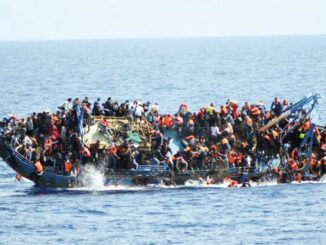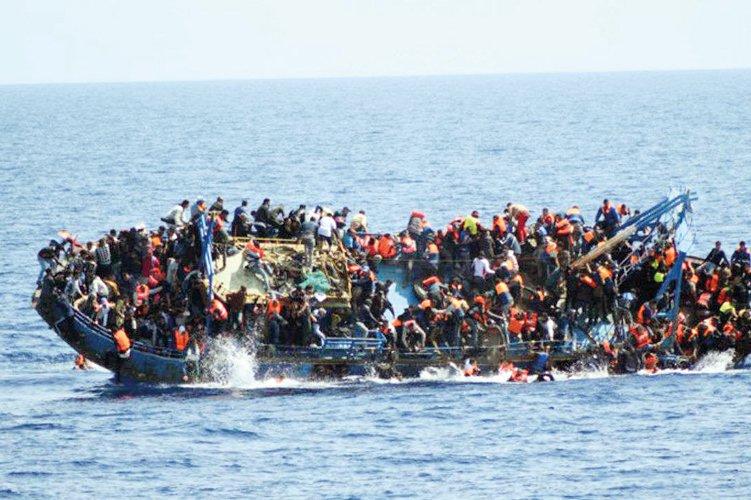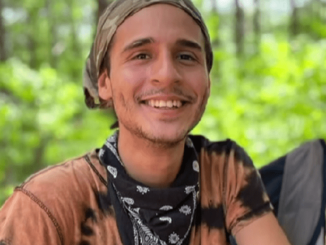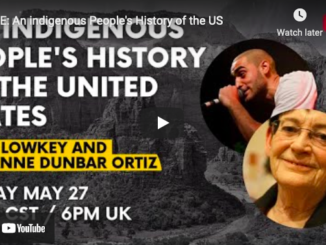
KOSOVSKA MITROVICA, Kosovo—A fight over license plates in the Balkans has gotten the North Atlantic Treaty Organization (NATO) involved.
Posters and graffiti can be seen throughout the Serbian-dominated part of the town of Kosovska Mitrovica in northern Kosovo that say, “No surrender—Serbian license plates and ID remain.”
Despite the European Union moderating bilateral talks, ethnically Albanian-dominated authorities in Pristina, Kosovo’s capital, plan on September 1 to re-register vehicles featuring Serbian plates. However, recent protests jammed up border crossings between Kosovo and Serbia. Plus, a poll shows the majority of Kosovo-based Serbs plan to continue using Serbian-issued license plates.
“They will certainly provide resistance if Pristina attempts to ‘nationalize’ thousands of cars if their owners refuse to replace Serbian-issued license plates with Kosovan ones,” said Milica Andric Rakic. The project manager of Kosovska Mitrovica-based non-governmental organization New Social Initiative told Toward Freedom that Serbs may bow to a certain degree to pressure from Belgrade, but will not accept ultimatums from Pristina.
This dispute comes amid Serbia’s resistance to the European Union’s and the United States’ pressure to recognize the 2008 secession of Kosovo. But, as Serbian President Aleksandar Vucic recently pointed out, both entities refuse to acknowledge breakaway republics in Ukraine’s Donbass region.
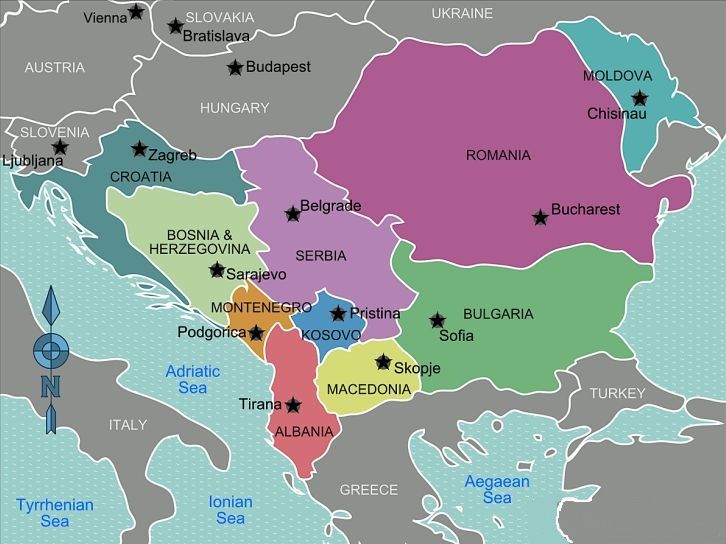
Serbia-Kosovo Relations
Following the 1999 NATO bombing of Serbia, the Serbian police and army were forced to withdraw from the country’s southern province, Kosovo. Then NATO troops entered Kosovo in June 1999, having remained since. Nine years later, Pristina declared independence, a move recognized by most Western countries. In southern Kosovo, ethnic Albanians make up over 90 percent of the population.
Serbia’s defeat, however, did not mark the end of the presence of Serbian institutions in Kosovo. In the north, as well as in certain places in the south, Serbs make up the majority of the population. Despite the secession, Serbia has continued issuing license plates and identification cards (IDs) to Serbs living in northern Kosovo.
“For Kosovo’s Prime Minister Albin Kurti, those car plates are illegal,” Rakic said. “But for the local Serbs, they are the only ones they have.”
She said Serbs do not want to integrate into Kosovo’s legal and political system, despite occasional pressure that comes from Belgrade. For them, Kosovo is part of Serbia. That is Belgrade’s official position, too.
However, amid Western pressure over the years, Serbia has had to make concessions to Kosovo. For example, in 2011, Serbia agreed to create de facto border crossings with Kosovo, while Serbian police officers were integrated into the Kosovo police force. In 2013, Belgrade called on Serbs living in northern Kosovo to take part in Pristina-run local elections. Two years later, Serbia’s judicial authorities in northern Kosovo were integrated into the Kosovo legal framework.
“The Serbs in northern Kosovo never supported such actions. That is why Belgrade was always either ‘bribing’ them or pressuring them to integrate into Kosovo’s institutions,” Rakic said, referring to various deals Belgrade has offered Serbs over the years to de-escalate the situation.
‘New Generation Will Not Put Up with Terror’
Serbian President Aleksandar Vucic expressed solidarity with ordinary Serbians at an August 17 joint press conference with NATO Secretary General Jens Stoltenberg.
“A new generation of young men in northern Kosovo will not put up with the terror that comes from Pristina,” Vucic said.

But, Sinisa Radovic, who owns a small souvenir shop in Kosovska Mitrovica, said he has no choice but to re-register his vehicle.
“Otherwise, they will confiscate it. Right now, if I drive a car with Serbian-issued plates south of Kosovska Mitrovica, the police can fine me and I would have to pay 250 euros,” Radovic explained.
In northern Kosovo, drivers have used stickers to cover Serbian state symbols on license plates. It is a temporary solution to the dispute.
On August 18 in Brussels, Vucic and Kurti failed to reach a deal, although EU High Representative for Foreign Policy and Security Josep Borrell claimed they have until September 1 to resolve the burning issue.
Kosovo Prime Minister Albin Kurti has stated Serbian license plates are considered illegal. Rakic said it’s possible Kosovo’s authorities will force Serbs into Kosovo’s legal system without an agreement with Serbia.
“Such an attempt will undoubtedly lead to an escalation,” she pointed out.
‘Pristina Will Have a Big Problem’
Moreover, Pristina now requires Serbs living in northern Kosovo to replace their Serbian-issued identification cards with Kosovo documents.
Some challenges Serbians in Kosovo face are that Pristina neither recognizes Serbian-issued driver’s licenses nor Serbian-issued IDs.
Some Serbians hold Kosovo’s IDs, while others cannot get them for technical reasons. In order to apply for a Kosovo ID, one would have to attach a birth certificate. Serbians living in Kosovo would want a Kosovo-issued ID to be able to get Kosovo-issued driver’s licenses and plates to be allowed to drive south of the Serbian-dominated areas. Plus, to get paid by a Kosovo-based employer, they would need a Kosovo ID to be able to open bank accounts to receive direct paycheck deposits.
“But Pristina does not recognize birth certificates issued by Serbia’s authorities after June 1999, which means that someone who was born in Kosovska Mitrovica in 2000 does not legally exist for Pristina and cannot even apply for an ID,” Rakic explained.
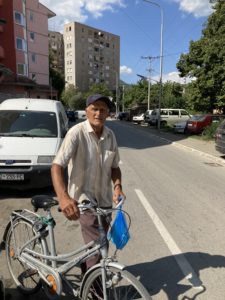
Yet, some holdouts remain. One of them is local pensioner Mirko Trajkovic.
“This is Serbia. Why should I have any documents issued by illegal institutions in Pristina?” Trajkovic said, adding Belgrade will not betray Serbs in northern Kosovo.
This reporter found it difficult to find many Serbs who would comment. Many fear both the Serbian and Kosovo governments would retaliate.
Neither Belgrade nor Pristina effectively control northern Kosovo. The territory is a “gray zone,” where NATO’s Kosovo Force (KFOR) mission is expected to intervene in case of potential clashes between Serbs and the Albanian-dominated Kosovo Security Forces.
Meanwhile, panic has spread on social media and in Western media. Plus, the Kosovo prime minister speculated about an escalation leading to a new war in the Balkans.
Rakic thinks that’s unlikely, though. But she did suggest one possibility: Because Kosovo has rejected all Serbian proposals for a resolution, what could happen if no deal is reached by September 1 is Belgrade may call on the Serbian community in the north to boycott Kosovo-issued documents and license plates.
“Then Pristina will have a big problem, since it is logistically very difficult to confiscate thousands of vehicles.”
Nikola Mikovic is a Serbia-based contributor to CGTN, Global Comment, Byline Times, Informed Comment, and World Geostrategic Insights, among other publications. He is a geopolitical analyst for KJ Reports and Enquire.

